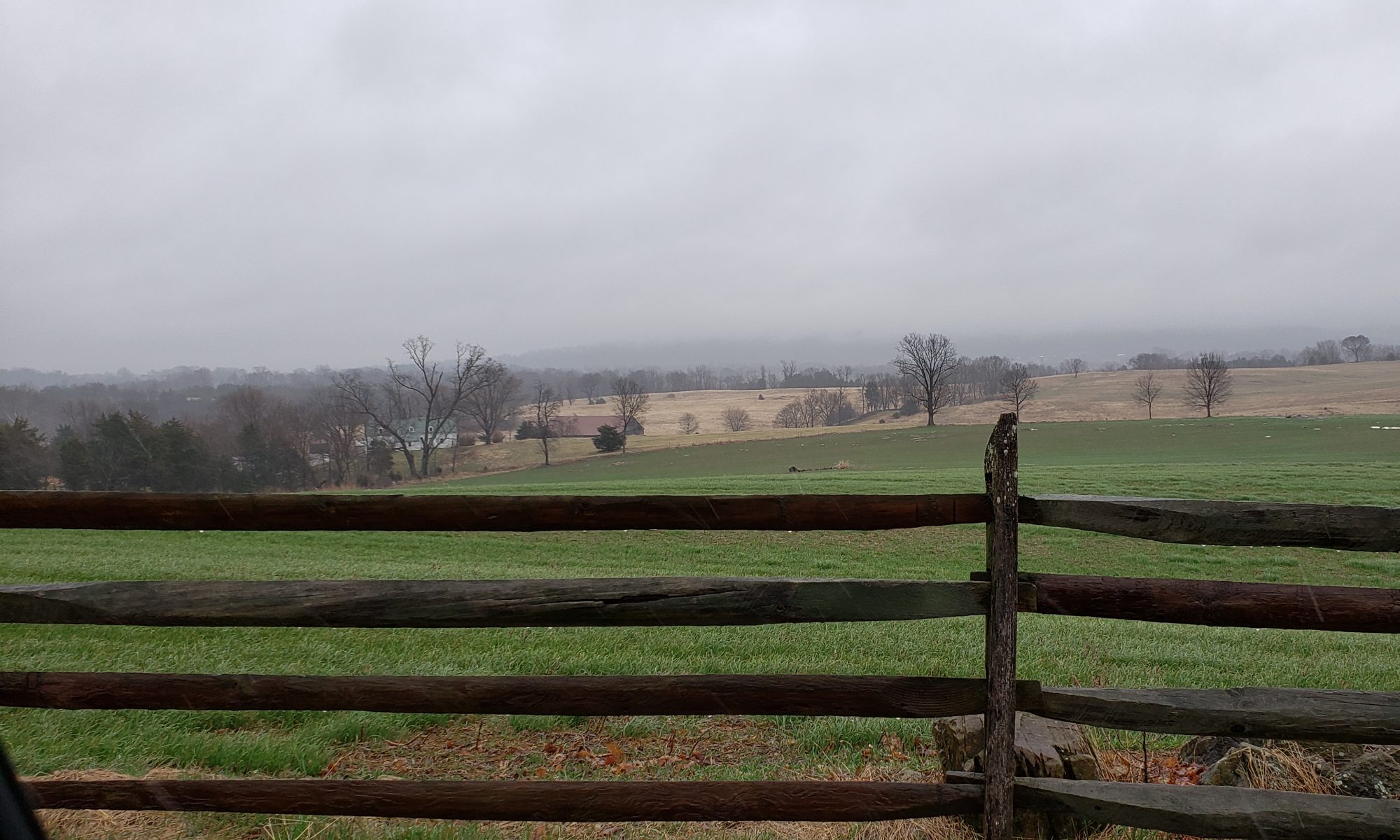The link below takes you to the StoryMap of Edward Hurley’s journey to Louisville, Kentucky in April of 1836. https://uploads.knightlab.com/storymapjs/718c20f1a303596cbd056e01c1ddda76/gone-to-louisville-1836/index.html
End of the Semester
How do I feel about the Digital History class at the end? Simultaneously exhausted, relieved, and sad it’s over. Packing 16 weeks of material and absorption into 5 weeks was a challenge, for the teacher as well as the students.
I imagine many of the improvements I would suggest are mostly addressed by just having more time available to try out the software applications, and work on the projects. It would have been nice to have had time in a class working session to practice with WordPress blog posts and media uploads. The projects we did and looked at required some time for reflection. In the five-week format, there just wasn’t much if there was any time for that.
Nonetheless, the class ended with a bang! Our last assignment was to listen to the podcast(s) that interested us from the Tattooed Historian and then write a blog post about our opinion of the efficacy of the digital humanities. I listened to his introductory podcast, and then one he did with Professor Walters, both very informative and worth a listen. See http://thetattooedhistorian.libsyn.com/
Since he lives nearby in Pennsylvania and as a favor to his friend Professor Walters, the Tattooed Historian came down and engaged the class in 2 hours of an interesting dialogue on how one goes about being a cutting-edge digital historian without a Ph.D. Yes. The Tattooed Historian really is tattooed. He has a lot of them, 35 I think, and all of them related to some aspect of his interest in history. One fascinating tidbit was the revelation that he had traveled to St. Louis to find the descendent tattoo shop of the tattoo artist that had tattooed approximately ten thousand soldiers during World War II and then had himself decorated with one of that artist classic designs. The shop still had World War II tattoo patterns even though they didn’t get many requests.
On a side note, I was surprised that many soldiers got tattoos in World war II. During my Vietnam service in the Marine Corps, we were threatened with court-martials if we got a tattoo. So, most didn’t. The Marine Corps logic was that too many tattoo recipients got hepatitis along with the tattoo from the needles and with a resultant weakening in unit end strength.
But I digress. The Tattooed Historian told us that his mission and business model lies in providing an outlet and legitimacy to those who want to pursue history, or research and write history without having to get a Ph.D. or necessarily have history as their primary focus or educational background. He is not suggesting that the History Ph.D. is not of value, just that history can be successfully made without one. And this is where my opinion on the digital humanities comes in. The information revolution, the internet, networked applications, the fall in the cost and the expansion of the availability of digital storage and network access, all have enabled the democratization of history and the broader humanities. Digital archives, laptop and handheld computers, audio, video production, and language translation capabilities have given research and production tools to the masses.
In my own experience, I took a lot of graduate history courses at Catholic University, but I only heard of Christopher Dawson, the first historian who held the Catholic History Chair at Harvard University, and a historian of the western civilization who rivals Toynbee and Quigley, because of Twitter. Another aside, Harvard had to pay to move Dawson’s book and manuscripts collection to Massachusetts from England, Dawson was a Brit, because Dawson’s personal collection of ancient sources was so superior or unique that Harvard’s collection didn’t measure up. Similarly, my American Government Masters was heavy in political philosophy, but again it was Twitter, Facebook, and new translation capabilities that exposed me to the Italian political philosopher, Augusto Del Noce, and the French political philosopher, Simone Weil. Their arguments on the post-World War II course of the humanities make the culture wars of the current day make sense. My own experience has given me an example of the democratization of the humanities and history.
The StoryMap, the Omeka exhibit, the Palladio network analysis that we did as projects in this class were all enabled by the internet, and by my picture taking capability in my cell phone. Many of the images I used or the Palladio dataset I put together were first taken by the camera in my cell phone. I found it interesting that the only items the Tattooed Historian has beyond what I have in digital capability with my laptop and cell phone and installed applications is a small investment in an audio device, microphones, an Adobe audio manager, and a tripod. Technology has enabled the democratization of history, and the humanities we can all access items that were only available to an elite before the internet, and we can all write and publish to a global audience our various histories. The price, though, as with all democratizations will be the need to assess authenticity, a point of the Tattooed Historian, and as one ABD historian once told me, accuracy, the mark of the historian is accuracy.


